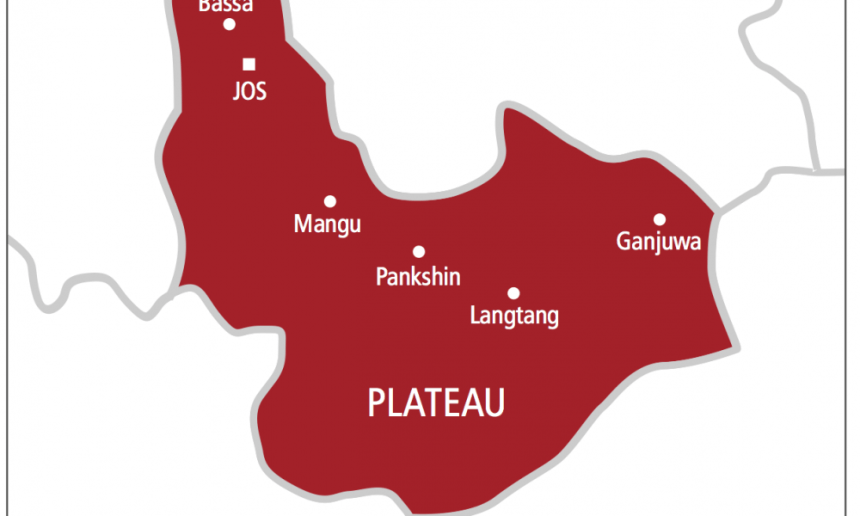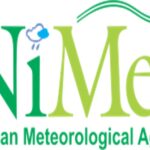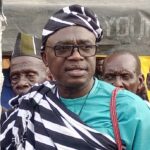In an effort to stimulate transparency and accountability in governance in Plateau State, stakeholders have met in Jos, the state capital, to brainstorm and chart a way forward.
The stakeholders who were drawn from the government ministries, departments, agencies, civil society organizations and the media also addressed the varied challenges of procurement and citizens understanding of its operations, as well as galvanizing support for open contracting and e-procurement initiatives.
The meeting which is in partnership with the Open Contracting Partnership (OCP), Accountability Lab Nigeria and the United Nations Development Programme (UNDP) is also harnessing technology and innovation to enhance procurement data transparency in Plateau, as well as Edo and Ekiti state respectively.
This initiative aims to identify corruption risks, support informed decision-making, and promote civic engagement for improved service delivery by publishing real-time, reliable procurement data while citizens are empowered to monitor government commitments through contracts.
According to the concept note of the brainstorming session, the meeting is aimed at implementing open contracting principles, and it is expected to drive economic empowerment and build trust in the procurement system by improving procurement transparency and accountability through utilizing technology-driven open contracting and monitoring dashboards.
It further states that the initiative fosters collaboration among government agencies, anti-corruption entities, the private sector, civil society, and other stakeholders to enhance governance and service delivery through technological innovation.
According to it, Plateau State Bureau of Public Procurement and strategic government agencies are leading efforts to enhance transparency and efficiency in public procurement through open contracting and e-procurement, but that despite significant progress, there are pressing challenges hindering the effectiveness of these initiatives.
The challenges outlined are lack of awareness and citizen engagement, regulatory gaps, regress to manual procurement processes, political interference, insufficient capacity, and adequate working tools, which hinder the full realization of these initiatives’ benefits.
Speaking at the event, the Lead Facilitator, Onyekachi Chukwu, said the challenges in open contracting are lack of citizens engagement, poor data usage, lack of technical capacity/ insufficient work tools, low incentive for procurement officers, lack of proper monitoring and evaluation, political indifference/lack of political will, and inadequate autonomy for the Bureau for Public Procurement, among others.
On his part, the Monitoring, Evaluation, and Learning Associate of Accountability Lab Nigeria, Alfred Agu, said the initiative and collaborations among stakeholders have seen citizens pushing for transparency in the procurement processes.
He pointed out that the meeting is to spur the participants to talk about possible solutions and recommendations that would improve public procurement practices, and also make recommendations to the government.
The Acting Director-General of the State Bureau of Public Procurement, Yabilsu Dogo, said some of the challenges of the bureau include the lack of mobility/vehicles for monitoring, lack of office accommodation and lack of adequate staff, among others.

 Join Daily Trust WhatsApp Community For Quick Access To News and Happenings Around You.
Join Daily Trust WhatsApp Community For Quick Access To News and Happenings Around You.


